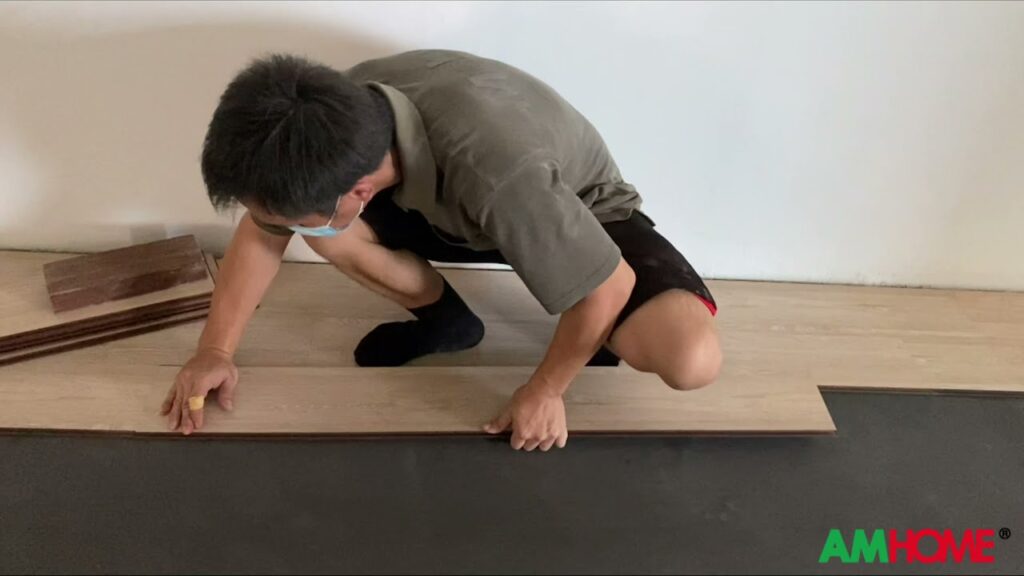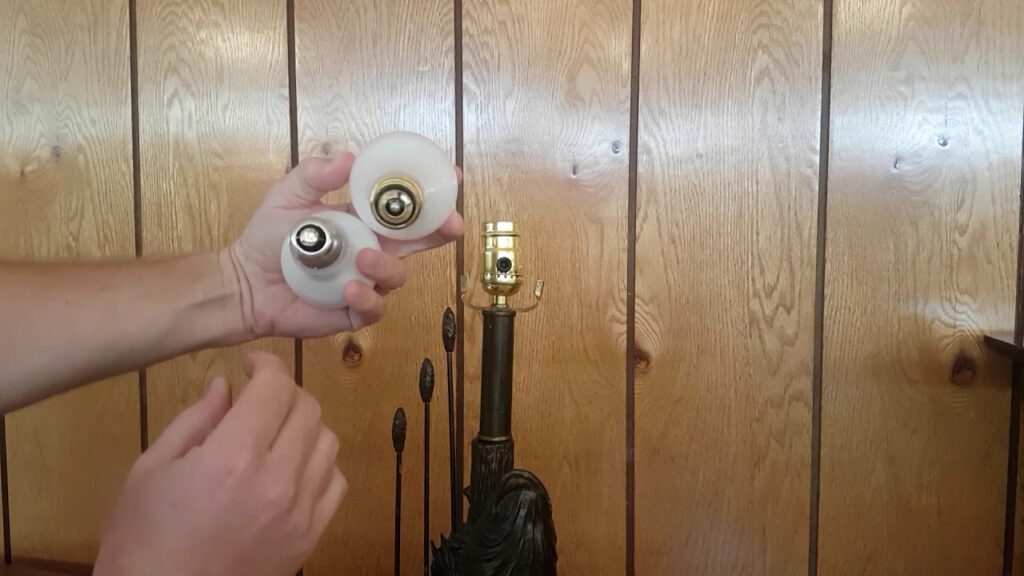1. Durability
Durability is a key factor to consider when making purchasing decisions, especially when it comes to long-term investments such as home appliances, furniture, and electronics. People want products that can withstand the test of time and continue to perform reliably. When it comes to durability, it’s important to look beyond the initial price tag and consider the long-term value of a product.
One of the main aspects to assess when evaluating durability is the quality of materials and construction. Products made from high-quality materials and with solid craftsmanship are more likely to endure daily wear and tear. Additionally, products with smart design features that prevent potential damage or wear can significantly contribute to their longevity.
In today’s consumer market, durability is becoming an increasingly important factor in purchase decisions as people seek products that will last longer and reduce the need for frequent replacements. This shift towards valuing durability is not only beneficial for customers in terms of cost-effectiveness but also plays a role in promoting sustainability by reducing the overall environmental impact of mass production and disposal of short-lived products.
Ultimately, a product’s durability is a significant consideration for consumers looking to make informed and sustainable choices. Investing in durable products not only provides long-term benefits but also contributes to a more sustainable and environmentally conscious lifestyle.
2. Maintenance
Maintaining your website is crucial for its performance and security. Regular maintenance helps to ensure that your website is running smoothly and efficiently. It involves tasks such as updating software, plugins, and themes to keep your website secure and up to date.
One important aspect of maintenance is monitoring website performance. This involves checking for any broken links, slow loading pages, or other issues that could affect the user experience. Addressing these issues promptly can improve your website’s overall performance and user satisfaction.
In addition to performance monitoring, regular backups are essential for protecting your website’s data. Setting up automated backup systems can help you recover your website in the event of a security breach or unforeseen technical issues.
Overall, investing time and resources in regular website maintenance is vital for ensuring the longevity and success of your online presence. By staying proactive and consistent with maintenance tasks, you can minimize potential issues and provide a better experience for your visitors.
3. Allergies and Air Quality
Indoor Air Quality and Allergens
Poor indoor air quality can exacerbate allergies, triggering symptoms such as sneezing, coughing, and congestion. Common indoor allergens like dust mites, pet dander, and mold thrive in environments with high humidity and inadequate ventilation. Filtering and purifying indoor air can significantly reduce the concentration of these allergens, providing relief for allergy sufferers.
Outdoor Allergens and Airborne Particles
Outdoor allergens like pollen and airborne particles can also impact air quality, especially during high pollen seasons. When these allergens are carried indoors, they can further compromise indoor air quality. Utilizing air purifiers with HEPA filters and regularly replacing air filters in HVAC systems can help reduce the entry of outdoor allergens into indoor spaces, offering a reprieve for individuals sensitive to these triggers.
Promoting Better Air Quality for Allergy Relief
Maintaining optimal air quality is crucial for allergy management. By keeping indoor spaces clean and well-ventilated, individuals can minimize the presence of allergens and improve air quality. Investing in high-efficiency air purifiers and regularly maintaining HVAC systems can effectively mitigate the impact of allergens on indoor air quality, fostering a healthier environment for allergy sufferers.
4. Comfort and Insulation
When it comes to outdoor gear, comfort and insulation are paramount for ensuring an enjoyable experience in various weather conditions. A well-insulated garment can provide the warmth needed to stay comfortable in cold environments, while also allowing for breathability to prevent overheating during physical activity. This balance is crucial for outdoor enthusiasts, as it allows them to stay dry and comfortable even in challenging conditions.
Insulation materials such as down, synthetic fibers, and advanced technologies like PrimaLoft offer varying degrees of warmth and versatility, catering to different outdoor activities and climates. The ability to regulate body temperature while providing a comfortable feel against the skin is essential for extended periods spent outdoors. Additionally, features such as adjustable hoods, cuffs, and hem drawcords can contribute to customizing the level of insulation and overall comfort based on individual preferences and changing weather conditions.
Furthermore, the design and construction of outdoor apparel play a vital role in optimizing comfort and insulation. Seamless technology, strategic paneling, and ergonomic patterning can enhance mobility and comfort, while minimizing bulk and maximizing warmth. Additionally, moisture-wicking linings and strategically placed vents contribute to managing perspiration and ensuring a dry, comfortable interior environment, even during strenuous outdoor activities. These elements combine to create a harmonious balance between comfort and insulation, empowering outdoor enthusiasts to pursue their passions with confidence and ease.
5. Resale Value
When considering a major purchase like a car, the resale value is an important factor to take into account. Cars depreciate in value over time, but some hold their value better than others. Factors such as brand reputation, vehicle condition, and market demand all contribute to resale value.
One of the main considerations for resale value is brand reputation. Certain car brands are known for retaining their value well, leading to higher resale prices for their used vehicles. Additionally, the reputation for reliability and durability of a particular car model can also positively influence its resale value.
Another factor that affects resale value is the condition of the vehicle. Well-maintained cars with low mileage and minimal wear and tear typically fetch higher prices in the used car market. Regular servicing, proper maintenance, and keeping the vehicle clean and free from damage can all contribute to maintaining a higher resale value.
Market demand also plays a significant role in determining resale value. Popular models that are in high demand tend to have better resale values, as there are more potential buyers willing to pay a premium for these vehicles. Additionally, certain features or options may enhance the resale value, such as advanced safety technology, fuel efficiency, or popular color choices.


